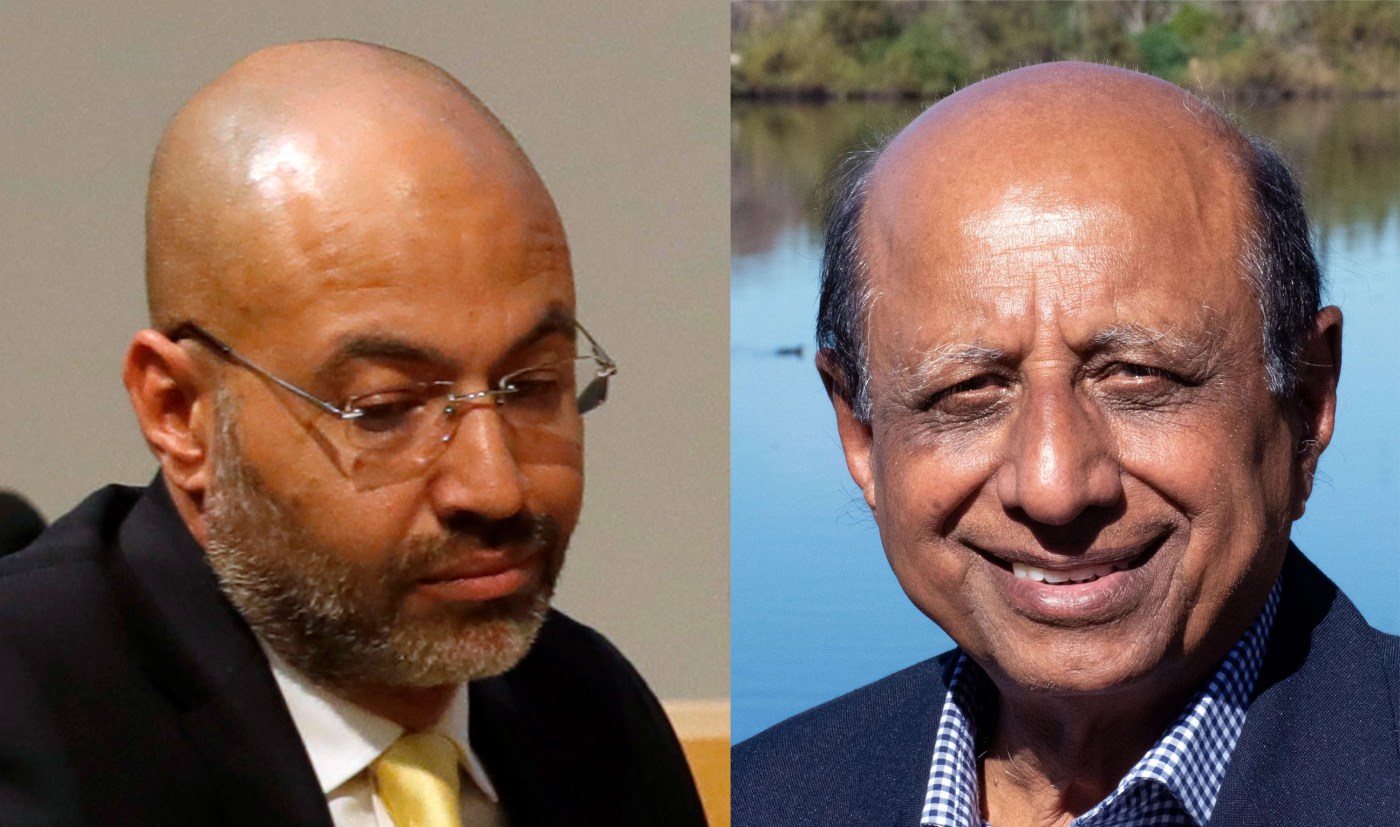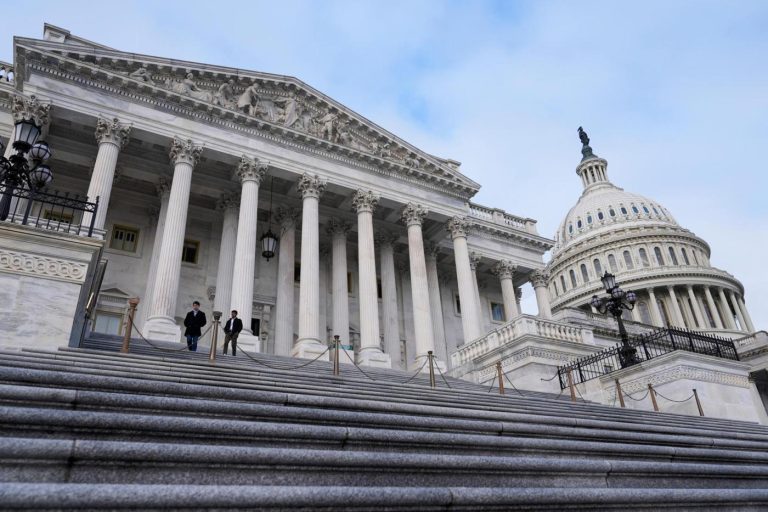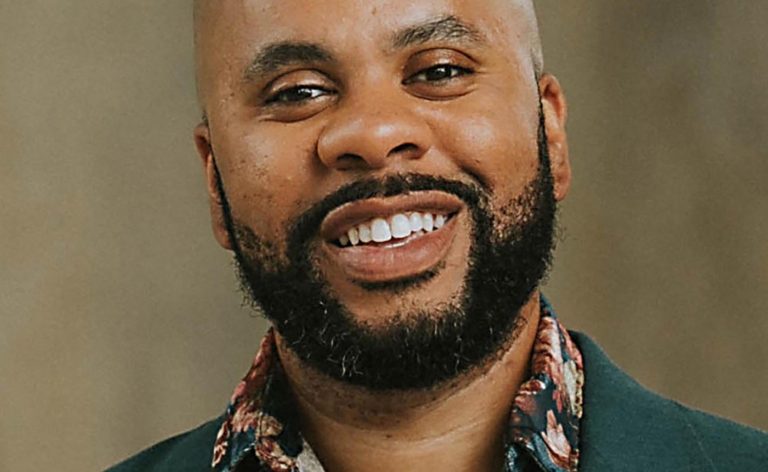With the race for the San Jose District 10 City Council seat representing a rematch of sorts, voters must decide whether San Jose is moving in the right direction or needs fresh blood to break up the status quo and restore the luster of Silicon Valley.
Less than two years ago, the City Council appointed former Intel and IBM employee Arjun Batra over corporate attorney George Casey and four other candidates for the seat vacated by current Mayor Matt Mahan.
Batra and Casey, whom Mahan endorsed, share many of the same concerns — public safety, homelessness and bureaucratic red tape stifling business — but differ slightly on their approaches to issues plaguing their district and the city as a whole and on why they are the right people to get the job done as the race becomes more contentious in the weeks leading up to Election Day.
“I think we need more qualified, competent leaders capable of bridging that gap,” Casey said. “At the moment, I don’t think we have the individuals with the professional and academic backgrounds to deal with those issues, but I’m optimistic.”
Casey held a 451-vote advantage over Batra among voters in the March primary as both men knocked out labor-backed candidate Lenka Wright to advance to the general election.
Casey, a former planning commissioner whose family has lived in San Jose for decades, said he was inspired to run for public office after a thief stole his mother’s purse — one of the last gifts she received from Casey’s late father — at a local shopping center and experienced the hopelessness from the police having little power to do anything to solve the crime.
“We used to be the safest big city in the nation and I knew we weren’t that any longer, but I didn’t realize how far we’d fallen,” Casey said.
Batra also has highlighted the need to improve public safety, including near schools, as one of the pillars of his campaign and boasted about implementing traffic calming measures like high-visibility crosswalks, speed humps and cameras.
“People want their children to safely go to school, whether they walk, bike, or are dropped off by their moms,” Batra said.
However, he also agreed with Casey that the police department’s low staffing levels are untenable and that the city needs to do more to attract and retain talent.
During his 19 months on the dais, Batra has advocated for funding additional police academies, increasing the budget for staffing, and implementing technology solutions like automated license plate readers to make the city more efficient in solving crime.
“We have to expand recruitment so we can fill up those vacancies and deploy those people and lower the response time,” Batra said.
But Casey said the city could do more to attract police officers and their investment in the community, noting that many officers commute long hours for the job.
Casey proposed the city make police retention “stickier” by creating a down payment assistance program. This program would also help offset some of the losses caused by pension reforms while improving the quality of policing, Casey said.
“We’re not supporting our police officers like we used to either,” Casey said. “The morale in terms of how the public supports them and how our elected officials support them is down and we need to do a better job of that.”
Homelessness has also become a hot-button issue in the community, evidenced by the recent uproar over a now-scuttled city plan to sell a tiny home site to Santa Clara County for housing justice-involved people or those dealing with mental health issues.
While Batra and Casey both opposed the deal, they have framed the issue in opposite ways, with Batra claiming he advocated for his residents and Casey saying residents’ frustrations forced him to act.
Both, however, have adopted the position that South San Jose has taken on its fair share of homelessness solutions and that the city needs to do a better job of increasing shelter capacity and enforcing no-encampment zones.
“We need to provide services, whether it’s mental health treatment, drug addiction treatment or job training facilities for these folks to get stability,” Casey said. “That’s our accountability, but the folks suffering and enduring an unhoused situation need to take some responsibility to accept and follow the services.”
Both candidates have expressed pro-business sentiments regarding development, saying the city is stifling its growth through red tape.
Casey said San Jose needed to become a better business partner as its reputation for placing burdens on developers and companies has prevented downtown from becoming the economic engine it should be.
“The reason why is because San Jose is not open for business,” Casey said. “We have one of the most onerous regulatory environments known to the area, and if you’re an investor, by definition, you’ve got options, and you’re going to go somewhere else. I’ve spoken to folks that, as a policy, do not do business with San Jose and that’s because some of the leadership that we’ve had in the past and that are currently in place have a socialist mentality in terms of how we approach business whether it’s the fees, permitting or just everything else.”
Batra agreed and said that the city needs to approach improving development efficiency in the same way it tackled its permitting issues.
He took credit for the changes in the permitting department, which experienced a serious backlog in processing times until the city streamlined the process and allowed specific experts to self-certify plans.
“We want to make the bureaucratic rules fairer,” Batra said. “More development leads to more development fees. We need to change our process for entitlement and building and we need to remove barriers which are hurting our housing and commercial development.”
Batra has also used Casey’s past ties to developers — including his work as a consultant for the disgraced Z&L properties — and Mahan to question his voting motivations.
Casey, who said he had no issue opposing the mayor’s policies, said the potential shakeup of the council after the November election could help spur the city’s growth and improvements.
Related Articles
San Jose set to unveil Downtown leasing incentive program to help spur growth
Muwekma Ohlone Tribe accuse congressional leaders of obstructing local support
San Jose has found a location for its first business improvement district in more than 15 years
Feud between San Jose councilmember, Vietnamese group erupts over flag-raising ceremonies
San Jose to build its first safe sleeping site
The question remaining for voters is whether Batra, an independent and centrist, has accomplished enough in his short tenure on the dais.
“I think the biggest thing about me is that anyone can read or look at what I’ve done,” Batra said. “What has he done to say he’ll be able to do any of that stuff? I’ll work with any councilmember and he’s talking about being an ally to Matt Mahan.”












